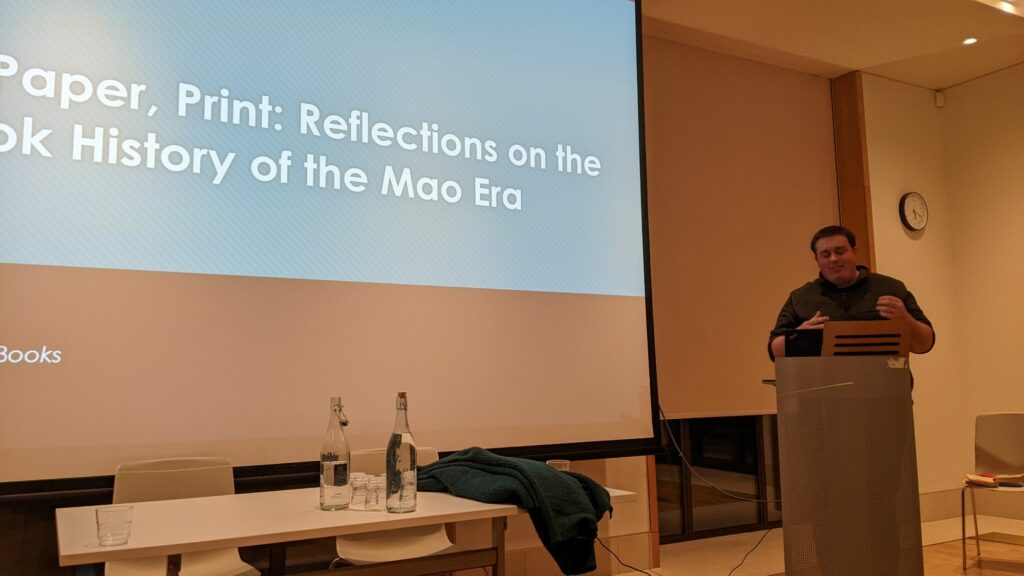A request for #NGI to use native #OpenWeb tools. The mission of the Next Generation Internet (#NGI) is clear and inspiring:
To re-imagine and re-engineer the Internet… Committed to open source (both hardware and software) and open data… To build an Internet of Trust, empowering end-users… To strengthen the Digital Commons, which is crucial for Europe, fostering equitable access to information… To support the transition to the future internet…
These values matter. But values only become real when they are reflected in everyday practice.
That is why we ask that future #openweb events supported by #NGI use “native” open-web approaches and tools, rather than relying on closed or corporate platforms that contradict these goals.
Specifically, we ask that NGI-funded online events use: A FOSS video streaming solution
Simple, open chat tools for audience participation (both one-to-many and one-to-one)
An open, collaboratively editable document for each session, where online participants can share links, notes, and context in real time. These are not advanced or experimental demands. They are #4opens basics: open source, open data, open process, open participation.
This is what a people-to-people internet looks like in practice. It is how trust is built, how participation is enabled, and how a genuinely European #openweb can grow.
As NGI itself says:
When it comes to important ideas that can help improve our society, there really are no boundaries. The challenge is to turn those opportunities into reality. Great ideas just come, but they are gone in a breeze as well. Let’s make good use of them.
Using open-web-native tools at open-web events is one of the simplest ways to turn those ideas into reality.
Let’s work together – and where possible, help and encourage the #EU – to ensure that NGI events don’t just talk about the #openweb, but actively practice it. Because the future internet cannot be built on closed platforms without hollowing out the very values NGI says it exists to defend.









 This is a
This is a 

